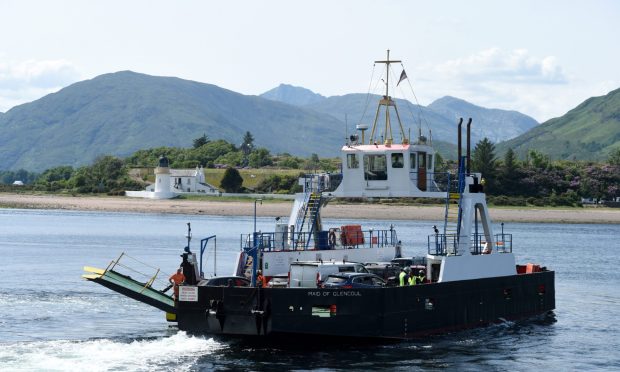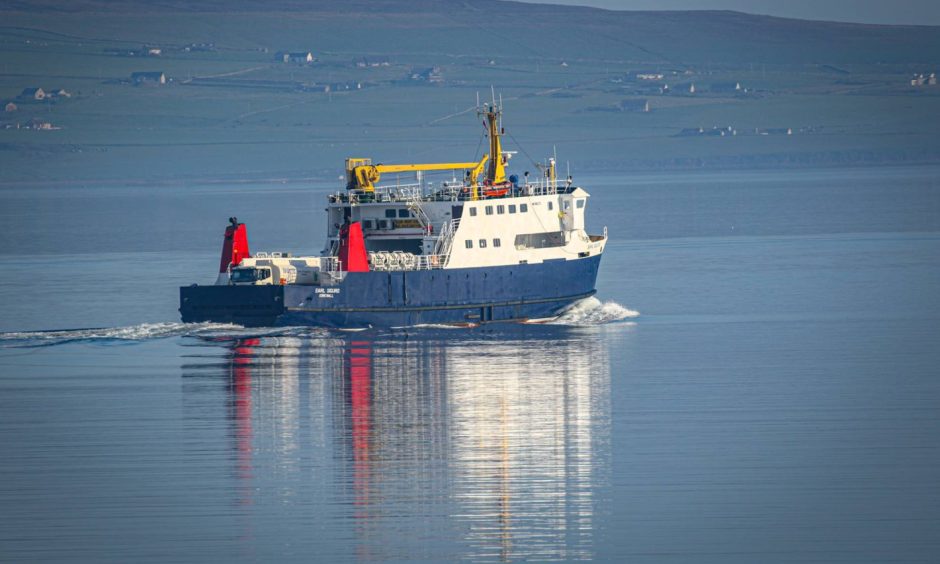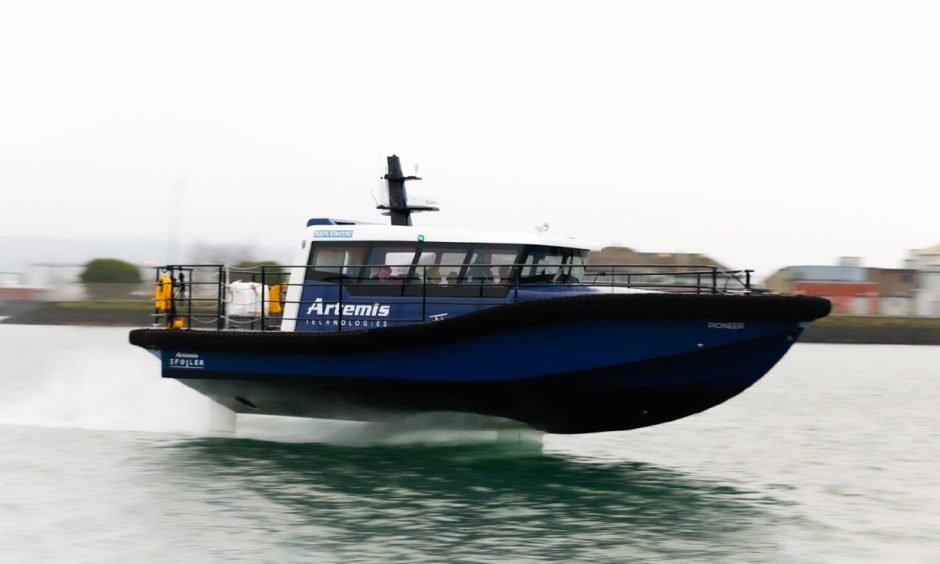The cost of replacing the ageing council-run ferry fleet in the Highlands and Islands could run to £1.2 billion.
North transport experts and councils are calling for the UK and Scottish governments to fund new vessels to protect lifeline services.
The move comes from transport partnership Hitrans and local authorities operating lifeline services in Shetland, Orkney, Highland and Argyll and Bute.
A briefing paper by Hitrans sets out the size and urgency of the challenge. They point out council-run ferries are significantly older than those funded by the Scottish Government.
Where could the money come from?
Among the new vessels needed is a replacement on the Corran crossing where services were frequently withdrawn last year.
The existing ferry, the MV Corran, is 22 years old and its back-up, the MV Maid of Glencoul, is almost 50.
Hitrans and the council have suggested capital could come from the Levelling Up Fund. Another alternative is a new scheme recognising the area’s special circumstances.
A possible model would be for Westminster to provide 40% of the funding needed. The rest would come from Scottish Government support to councils.
The paper said: “The current general capital grant does not include any specific allocation for vessel replacement. It is insufficient to address vessel replacement needs.”
The paper says replacing ferries would help maintain reliability. It would also reduce maintenance and repair costs as well as the difficulty finding parts for old vessels.
Buying new ferries will also allow the use of greener fuel to meet government carbon reduction targets.
Ranald Robertson, Hitran’s partnership director, said: “This is a big issue facing four councils. It’s getting quite urgent.
“We’ve seen the impact of ageing vessels on a number of ferry routes in recent times, including the impact from the technical issues that beset the vessels on the Corran Ferry, and how drastic impacts from ferry service disruption can be on communities.
Urgent case for investment
“We recognise the positive progress being made on addressing fleet investment on the Scottish Government CMAL-owned ferries.
“The case for investment is equally urgent for local authority-operated ferry services where vessels are even more aged.”
Mr Robertson said progress has been made with task forces set up in Orkney and Shetland to discuss ferry replacements.
In September, it was announced two new electric ferries, to operate in Orkney from 2025 to 2028, will receive £15.5 million from the UK Government.
In November, £20 million was allocated under the Inverness and Highland City Region Deal, for essential shore infrastructure for the Corran Ferry.
Orkney Islands Council operates 10 ferries, with 70% over 30 years old, compared to 38% of the Caledonian Maritime Assets Limited (CMAL), ships.
Replacing the fleet and upgrading infrastructure has been estimated by CMAL at £840 million.
However, the council believes the figure could be as much as £956 million.
Shetland Islands Council has 12 ferries, with 58% over 30 years old.
Replacement costs range from £60 million-£120 million.
This includes a new vessel for the MV Hendra on the Whalsay route, upgrading the existing harbour and terminal infrastructure.
The higher figure also includes a fixed link between Unst and Yell.
A 51-year-old ferry
In Argyll and Bute, the costs could be £25 million-£50 million.
This includes a new vessel on the Jura service to replace the 25-year-old MV Eilean Dhura.
Infrastructure works would also be needed and the costs would increase if a larger electric ferry were to be used.
It would allow the MV Eilean Dhura to move to serve Luing, replacing the MV Belnahua which is 51 years old.
Highland Council funds ferry services at Corran, Camusnagaul, Knoydart, Cromarty and the Small Isles.
A new Corran ferry and upgrade of slipways would cost £52 million for a single vessel and £70.5 million for two new boats.
A Transport Scotland spokesman said: “The Scottish Government is aware of the growing need for local authorities to replace ageing ferry fleets and infrastructure.
“While responsibility for funding replacement infrastructure does remain wholly with the councils, the Scottish Government is committed to continuing engagement.”
He said business cases are being developed in Orkney and Shetland through the task forces.
A spokeswoman for the UK Department for Transport said Transport Scotland and the Scottish Government are responsible for ferries in Scotland’s inland waters.
She added that they “recognised the challenges faced by island communities”. She said they were working with the UK Department for Levelling Up, Housing and Communities to explore these issues “as part of the Islands Forum Task and Finish Group”.




Conversation